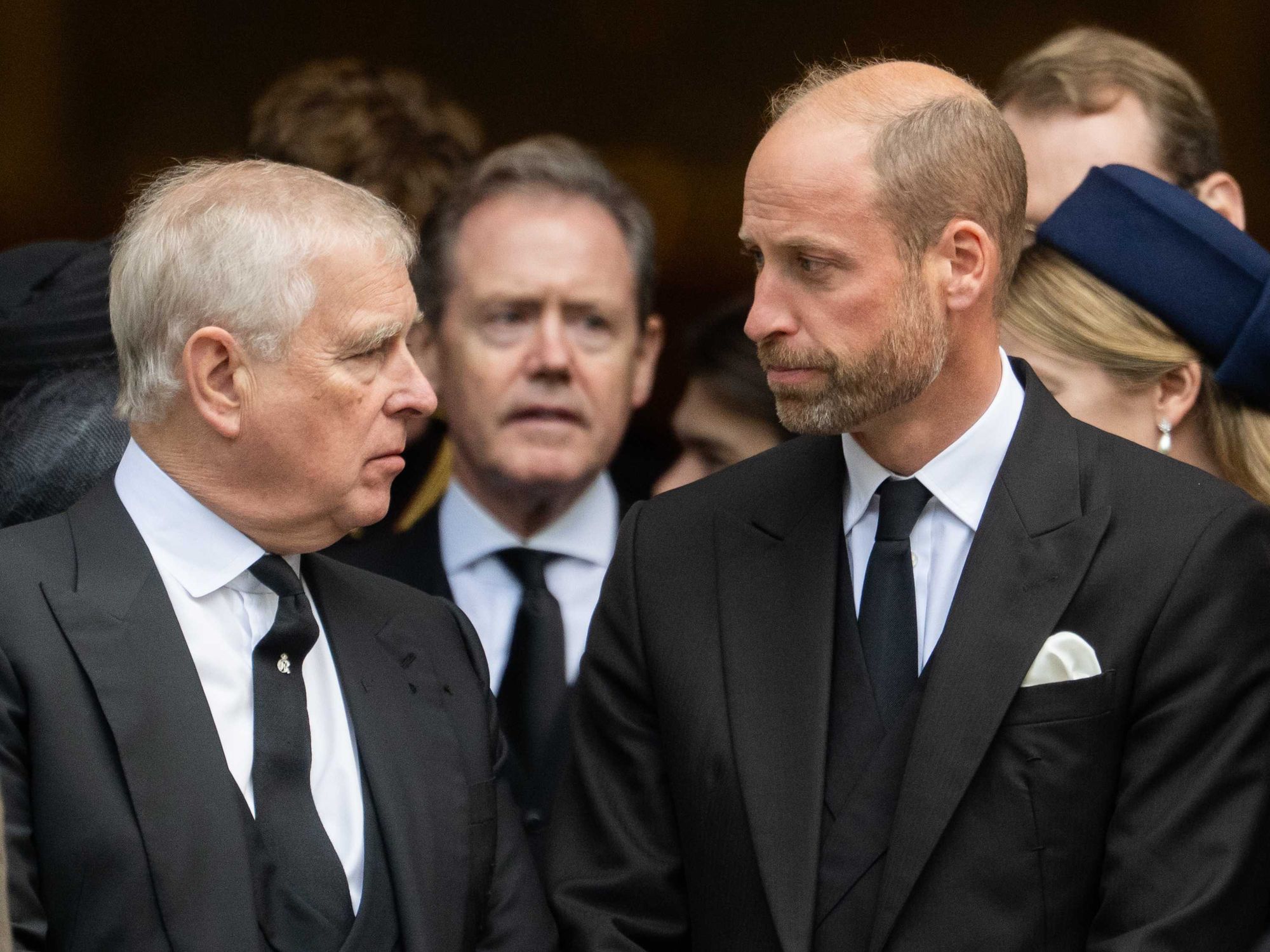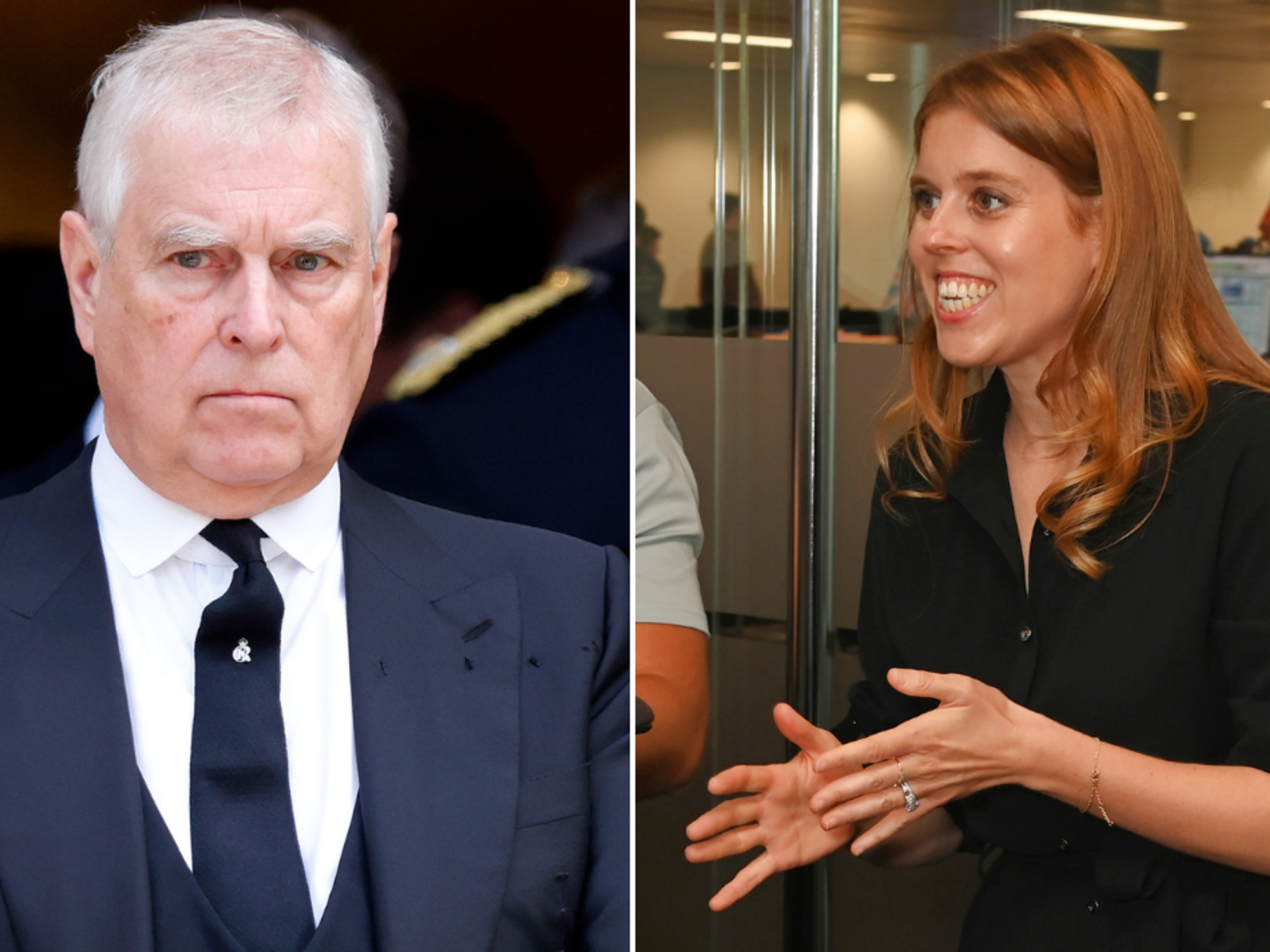Diesel dominates electric cars as Government to miss own EV targets despite hiking taxes for drivers

Electric cars are now required to pay Vehicle Excise Duty, as well as the Expensive Car Supplement if they cost more than £40,000
Don't Miss
Most Read
Labour could fail in its goal of electrifying all Government vehicles, as damning new research describes the uptake as "woefully slow".
Research has found that just 15 per cent of the overall Government fleet are electric vehicles, with a shocking 59 per cent of vehicles being diesel.
Original plans from the Government stated that 25 per cent of its fleet vehicles would be electric by 2022, before moving to a 100 per cent target by 2027.
The data, which was obtained through a Freedom of Information request by What Car?, found that while just under a quarter of its cars are electric, just four per cent of Government vans are zero emission.
Do you have a story you'd like to share? Get in touch by emailing motoring@gbnews.uk

The Government could fail to meet its goals to electrify car and van fleets
|PA
There are exemptions available for certain vehicles, including those which cannot feasibly be electrified and those used in specific circumstances.
Individual departments are able to apply for exemptions, with a requirement to register any vehicles that cannot go electric by May 31 for security and other reasons.
Exemptions are expected to be confirmed by July 31, with departments having only a few years to increase electrification across their fleets.
The data from What Car? includes vehicles that are likely to gain an exemption from the EV commitment because it only includes cars and vans weighing up to 3,500kg.
The Driver and Vehicle Licensing Agency (DVLA) is leading the charge in electrifying, with 88 per cent of its cars being electric, alongside 67 per cent of vans.
However, not all departments are faring as well, with the Ministry of Justice only having 16 per cent of its cars as electric models, with 100 per cent of its vans being powered by diesel.
Of the 7,116 cars and vans operated by 21 Government departments, 59 per cent of vehicles are diesel, 22 per cent are plug-in hybrids, 15 per cent are electric, three per cent are petrol and one per cent are hybrids.
Only 35 per cent of cars are diesel, with the same proportion being plug-in hybrids and 22 per cent being electric.
LATEST DEVELOPMENTS:
- All Britons could face compulsory eyesight tests amid 'overwhelming support' for driving law changes
- Donald Trump attacks Elon Musk over laws that 'forced everyone to buy electric cars' as brutal spat sees Tesla lose $150bn
- Motorists face weight-based car taxes and tougher restrictions on popular vehicles under new motion
It comes at a time when the Government is introducing new charges for electric car owners, despite pushing zero emission vehicles and net zero targets.
Electric cars were charged Vehicle Excise Duty (VED) for the first time in April 2025, after the former Conservative Chancellor announced the change in the 2022 Autumn Statement.
Owners of electric vehicles are now required to pay a standard rate of £195, although they could be slapped with an additional £425 fee if their car costs more than £40,000.
At the start of the new financial year in April, the Expensive Car Supplement was also levied on electric vehicles if they exceed the £40,000 threshold, adding extra costs to those looking to switch.

Prime Minister Keir Starmer's armoured Range Rover is exempt from electrification targets
|PA
Car tax rates for hybrids and plug-in hybrids increased by 1,000 per cent in the 2025 Spring Statement, headlined by a rise from between £10-£30 to £110-130, depending on their CO2 emissions output.
Steve Huntingford, editor of What Car?, said: "It is completely wrong that the Government is not cleaning up its own fleet at the same time that it is penalising ordinary drivers for not going electric by slapping higher taxes on low-emission alternative vehicles.
"As proposed in What Car?'s EV Manifesto, we believe the Government should provide some financial incentives, such as halving the VAT on new EVs, and reduced VAT on public EV charging costs, to make it easier and more appealing for motorists to switch to EVs."
Chancellor Rachel Reeves said the Government recognised the "disproportionate impact" the Expensive Car Supplement had on those looking to buy electric vehicles, but noted that a change would only occur at a "future fiscal event".










